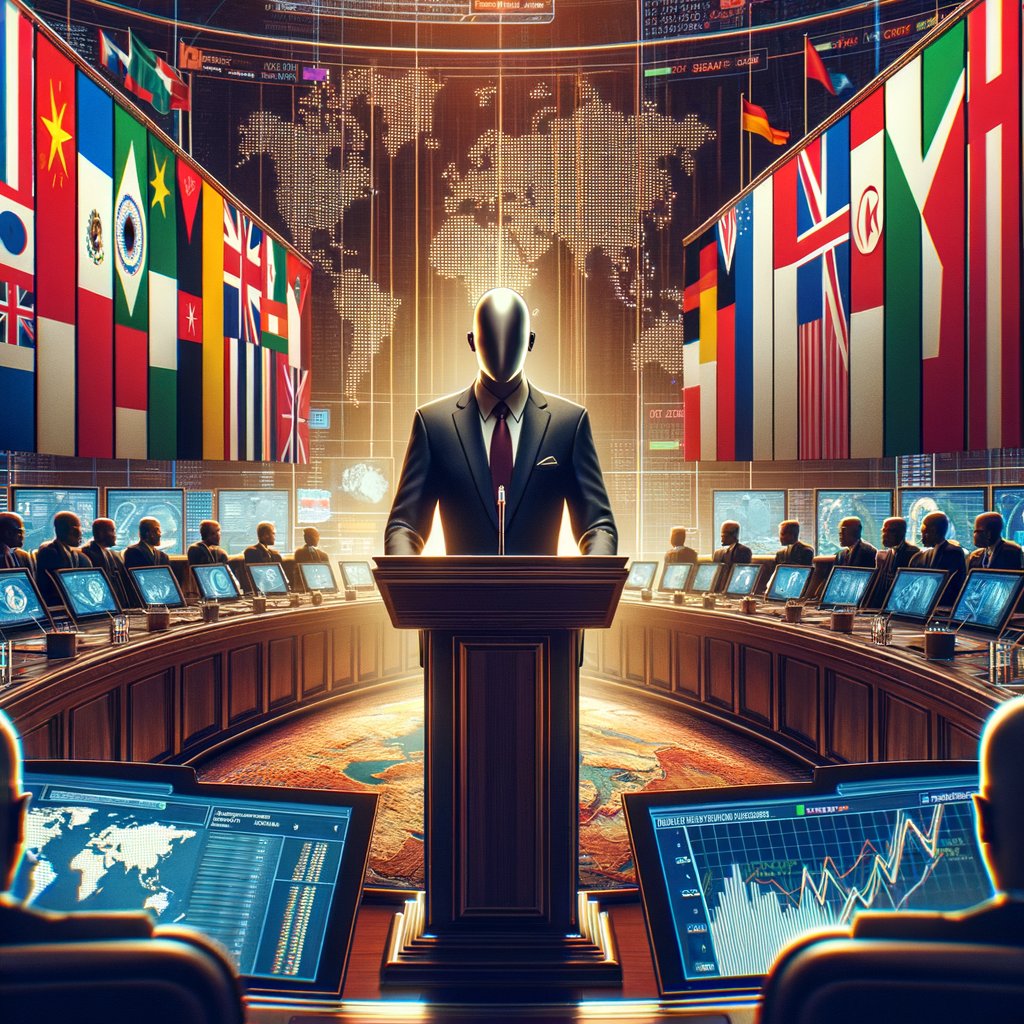Image created by AI
US Sanctions on ICC Spark Concern Over International Relations and South African Officials
In a stunning move that reverberates across the geopolitical stage, US President Donald Trump has wielded executive powers to enforce sanctions on the International Criminal Court (ICC), citing the court's inquiry into American and Israeli actions as unacceptable. The executive order, issued under Trump’s administration, is a direct response to ICC arrest warrants for Israeli Prime Minister Netanyahu and his defense minister, framed as a protective measure for American citizens and allies against "harassment, abuse, and possible arrest."
The sanctions carry potentially grave consequences for international and diplomatic relationships, particularly for individuals supporting these investigations. Notably, high-profile South African figures such as Naledi Pandor, Cyril Ramaphosa, and Khumbudzo Ntshavheni are thrust into a precarious space, risking financial and travel restrictions that could strain not only personal but state relations with the US.
Complicating matters, rumors of a financial pipeline from Iran to ANC officials, possibly to skew stances against Israel, demand an independent inquiry for transparency and accountability. The timing of this alleged influx of funds, juxtaposed with the ANC's abrupt shift from the brink of bankruptcy to a position of financial stability, raises questions about the integrity of political decision-making and the need to safeguard the national interest.
The ICC, already bracing for a "swift assault" from Trump's administration, faces potentially crippling restrictions. If barred from essential international banking and payment systems, IT infrastructure, and insurance services, the court's very existence and function are under threat.
Meanwhile, the US flexes its legislative muscles with the American Service-Members’ Protection Act, notoriously dubbed "The Hague Invasion Act," empowering the president to employ "all means necessary" to obstruct ICC prosecution of US military and officials. This includes potential military intervention, inciting global concerns over the reach and implications of US legislation on international legal systems.
The ICC’s pursuits, whether related to alleged American war crimes in Afghanistan or the contentious charges against Israeli leaders for purported wartime atrocities in Gaza, are matters of international law and justice. Still, Washington refutes the ICC's jurisdiction over Israel, mirroring its stance regarding the United States.
The unfolding scenario spotlights the discord between US policies and the global judicial body, questioning the balance between national sovereignty, international law, and global accountability. Transparency in government dealings and the respect for international legal institutions will remain at the forefront of this complex and evolving narrative.










